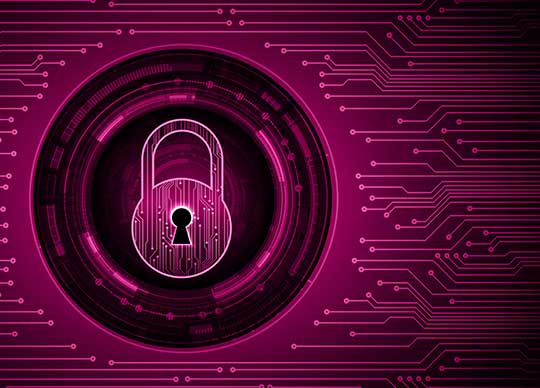
The prevailing geopolitical tensions are threatening to disrupt and undermine technology industries and spread well beyond national borders. There are concerns about cyberattacks, particularly on critical infrastructure, and as a result, companies need to strengthen their cybersecurity defenses, says GlobalData.
Manish Dixit, Principal Disruptive Tech Analyst at GlobalData, says: “Malicious state-sponsored cyber-activities have historically escalated when geopolitical tensions are high. Concerns about increased cyber activity amidst the Russia-Ukraine crisis serve as a stark reminder of the importance of identifying the threat model and altering risk management objectives accordingly.”
Pranjali Mujumdar, Disruptive Tech Analyst at GlobalData, says: “Destructive malware can be a direct threat to a company’s daily operations, posing risk to key assets and data. Every company, regardless of size, must act quickly to secure its information technology infrastructure. A robust cybersecurity infrastructure will help companies to identify and thwart cyberattacks, as well as remain secure throughout the security lifecycle.”
An analysis of GlobalData’s Disruptor Intelligence Center reveals organizations are collaborating with cybersecurity providers to boost the security of their infrastructure and deliver better security services to their customers.
Google has recently agreed to acquire cybersecurity company Mandiant for approximately US$5.4bn. Mandiant, best known for identifying the infamous SolarWinds hack, will be merged into Google Cloud as the company aims to bolster its cybersecurity solutions in the face of rising cyber threats.
Fortinet, a provider of enterprise-level next-generation firewalls and network security solutions, is actively collaborating across a global network of NGO, industry, and public sector organizations to secure people, devices, and data everywhere through partnerships with the Cyber Threat Alliance and the Joint Cyber Defense Collaborative (JCDC) convened by the US Cyber and Infrastructure Security Agency (CISA).
Finland’s Ministry of the Interior and Ministry of Defense have initiated a project to assess the authorities’ capabilities to maintain national cybersecurity, prevent cybercrime, implement cyber defense, and respond to highly dynamic conditions that risk society’s cybersecurity. The project will examine the authorities’ current operational circumstances in serious crises, like the Russia-Ukraine conflict that jeopardizes national cybersecurity, as well as identify key development needs.
Mujumdar concludes: “Companies must also invest more in information security, with risk management teams aiming for a fine balance of technology, people, and processes to manage risk. Both Russia and Ukraine have a high level of expertise in information technology and computer hacking, thus, cyberwarfare can not only target big companies or government organizations; any small business involved in the public sector’s supply chain will also be vulnerable.”






